Typical Terms & Guidelines for CRE Bridge Loans
- Loan Amounts: $250,000 to $50,000,000
- Loan-to-Value: Up to 75%
- Loan-to-Purchase: Up to 80% for value-add projects
- Must have 15%+ cash for the purchase
- No lender on our site provides 100% financing
- Lien Position: 1st or 2nd (few lenders offer junior liens)
- Loan Term: Up to 24 months (some lenders will go longer)
- Interest Rates: 7% to 12%
- Origination Fee: 1 to 4 points (most charge 2 pts)
Deposits and Due Diligence Fees
It is fairly common for CRE bridge lenders to charge some sort of fee when the term sheet is signed. It takes a lot of time and effort to underwrite a commercial property loan, and there could be some hard costs involved – legal, appraisal (or BPO), environmental report, site visit and more. Even if the lender is local to the property and doesn’t require an appraisal, they may ask for a small deposit just so there is a commitment from the borrower.
Why Use a Bridge Lender
Many commercial real estate (CRE) investors use bridge loans from time-to-time for their property investments. Although the pricing is much higher than banks and conventional lenders, there are several reasons why a CRE investor or broker would seek a bridge lender:
- Speed – most bridge lenders close in 1-3 weeks
- Asset Based – most bridge lenders focus on the equity in the property
- Vacancies – most bridge lenders are willing to lend on properties with high vacancy rates
- Property Condition – many bridge lenders will lend on properties in poor condition
Bridge loans are private mortgages. The term “bridge” just means it’s a short-term loan.
Common CRE Bridge Loan Scenarios
Property Acquisition
When purchasing a commercial property, timing is the key factor to close the deal. Banks and other institutional lenders typically need a lot of time to underwrite the deal, and this is the main reason why CRE property investors will consider taking a bridge loan. The additional cost provides some peace of mind as far as timing goes. Once the property has been acquired, the investor can relax and take several months to secure permanent financing.
Reverse 1031 Exchange
The short time frame associated with 1031 exchanges make bridge lenders a vital asset for property investors when they are unable to line up bank financing before their deadline.
Refinance
We see a number of property investors turn to bridge financing for a straight refinance when their existing loan is maturing and they are unable to qualify for a conventional loan. A bridge loan will buy them some additional time.
Equity Cash Out
Property investors may need to tap the equity in their commercial property for a number of reasons – working capital, renovations, purchase another investment property. It is not easy to find bridge lenders that will provide a 2nd mortgage or any junior lien position. It’s more common in California, but for properties in other states, the lender will likely refinance the existing 1st mortgage (if any). Bridge lenders are generally more conservative with their LTV when providing cash out. So a lender that goes up to 75% for a purchase loan may max out at 65% for an equity cash out loan request.
Videos About CRE Bridge Lending
CRE Bridge Loans Funded in the United States
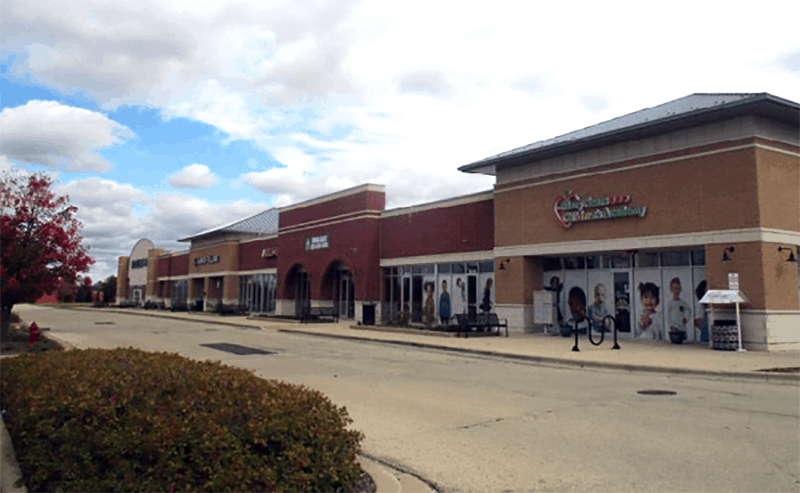
Foreclosure Bailout Bridge Loan for Retail Property in Los Angeles, California
$4,300,000
In October 2020, Newport Commercial Capital provided a bridge loan in the amount of $4,300,000 secured by a retail property in Los Angeles. The property had two mortgages and was in default with one of the previous lenders. A new partner joined the ownership group and used his own cash to pay off the 2nd mortgage. He then turned to NCC to refinance the 1st mortgage and save the property from foreclosure. We ordered an appraisal, and the value came it at around $8,775,000. So our loan-to-value was only 49%. The property consists of 8 retail units. 6 were occupied and the other 2 were undergoing tenant improvements but had leases in place. The property also consists of an adjacent vacant lot, and the owners plan to build a 40,000 square foot storage facility. Some of the proceeds from our bridge loan were to be used for the soft costs, and we may end up providing the construction loan next year.

Refinance Bridge Loan for 78-Acre Land Pre-Development in Dallas Fort Worth, Texas
$4,000,000
BridgeInvest, a direct CRE private lender, funded a $4,000,000 bridge loan secured by 78-acres of suburban land located in the Dallas Fort Worth metro area, TX. The collateral consists of two separate tracts that are both currently in the design and pre-development phase. The first parcel located in Garland has 35 acres and is approved for a 400-unit senior housing development. The second parcel located West of Dallas consists of 43 acres and is planned for a 322-unit build-for-rent, single-family home development. The Sponsor is a full-service real estate investment and development firm based in Dallas, with a focus on single-family and multifamily development. The Sponsor intends to use the proceeds from BridgeInvest’s loan to refinance the property’s prior debt, complete entitlements, and fund project soft costs. This CRE bridge loan was funded in September 2020.
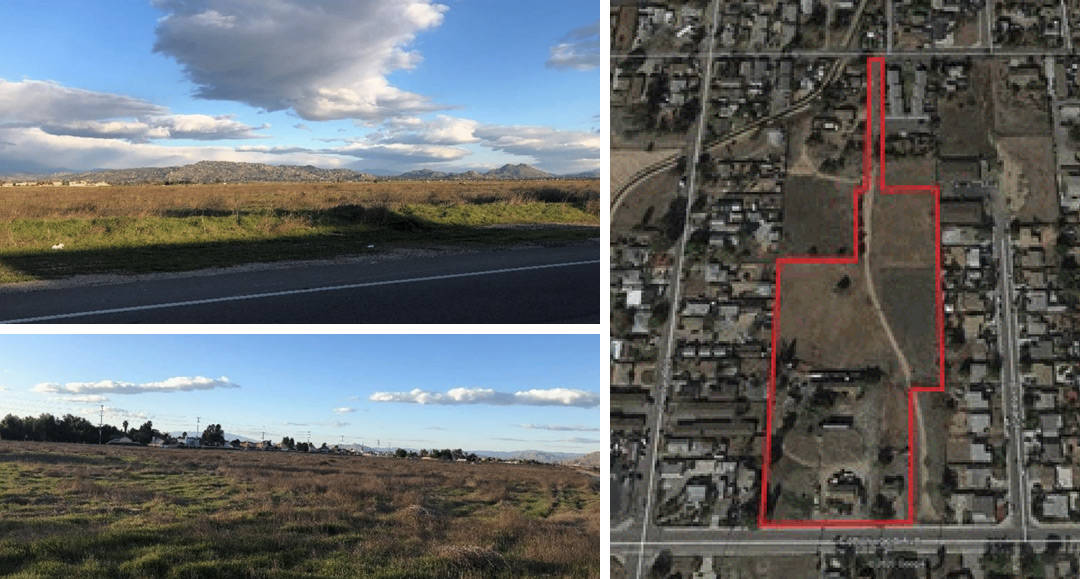
Refinance Bridge Loan for Commercial Land in San Bernardino, California
$2,895,000
In September 2020, Newport Commercial Capital provided a CRE bridge loan in the amount of $2,895,000 secured by vacant commercial land in San Bernardino, CA. The Borrower was seeking a cash-out refinance loan to pay off the existing debt and utilize the additional proceeds to complete several milestones in preparation for the vertical construction phase. The lot, consisting of 18 acres, was recently entitled to a 420-unit senior care facility. The Borrower is an investment group that initially came to us in February. Due to a disagreement among the partners, the deal fell apart. They came back to us in September, and we were able to close quickly. We ordered an appraisal, and the value came at just under $10,000,000. So our loan-to-value was only 30%. The loan term was set at 12 months, we expected to be paid back when the Borrower secures a ground-up construction loan. Very few lenders are willing to consider land deals of this size in the Inland Empire. We have funded land loans through the pandemic and continue to be bullish on infill urban land deals with low loan-to-values.
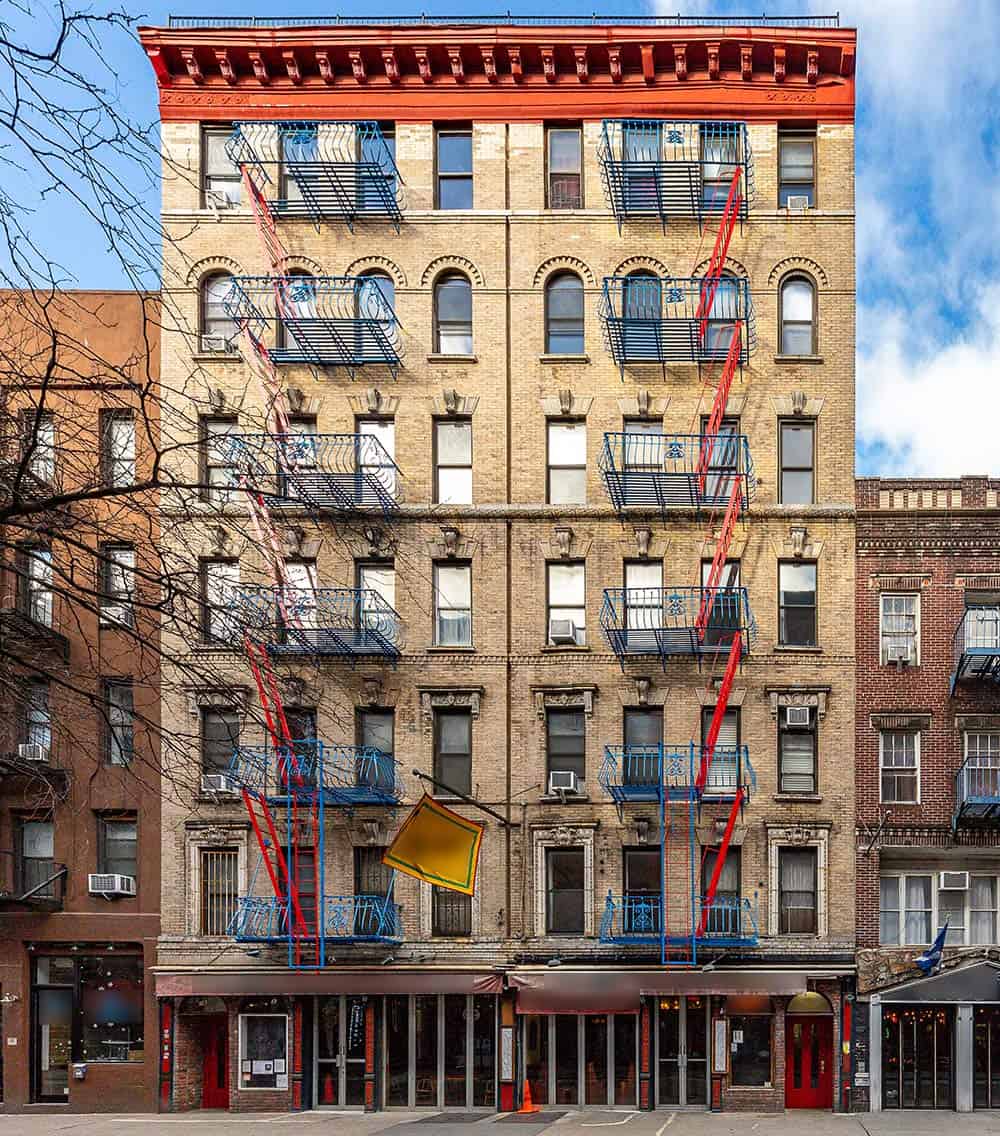
Bridge Loan for 2 Mixed-Use Properties in Greenwich Village, Manhattan
$16,500,000
BridgeCore Capital closed a $16.5MM bridge loan for the acquisition of two contiguous mixed-use buildings in the Greenwich Village neighborhood of Manhattan, New York City. The Borrower required a non-recourse private loan to purchase the properties that contain 72 multifamily units and ground floor retail. The apartments are 53% vacant, and the retail space is 100% vacant at purchase. BridgeCore’s 24-month term, including two six-month extension options, is providing the Borrower the necessary time to make renovations, including a re-balancing between market-rate and rent-stabilized units, and to position the property for an exit with conventional financing once stabilized. Our competitively structured loan terms allowed the Borrower to quickly execute the purchase of a transitional asset when conventional financing has not been readily available during the current COVID-19 economic environment. Loan terms include three months of prepaid interest; an interest rate of 7.65% for the first 12 months and a floating rate at Prime + 4.40%, with a floor of 7.65%, for the second 12 months; and collection of monthly escrows from the Borrower for interest, taxes, and insurance. BridgeCore employed its decades of experience and innovative strategies to solve the Borrower’s array of unique challenges, securing highly competitive loan terms and closing within a tight time frame on a “sign and close” purchase transaction. This bridge loan was funded in July 2020.
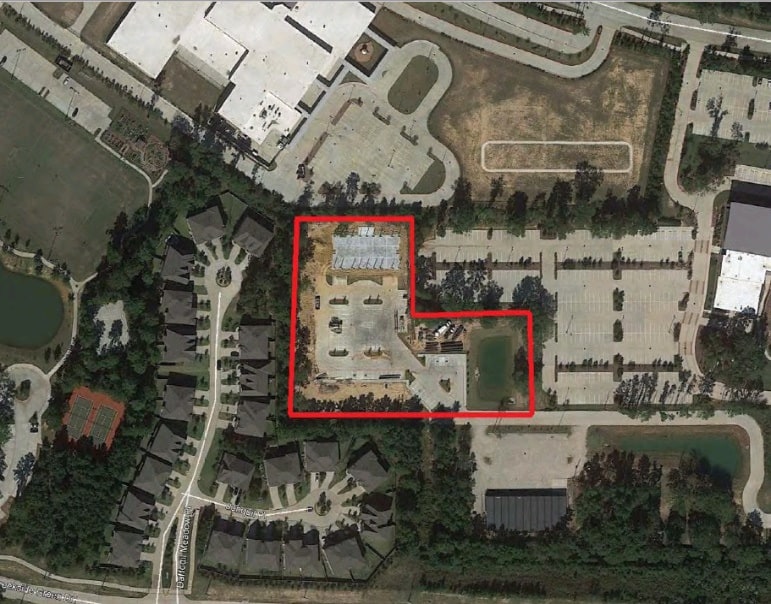
Equity Cash Out Bridge Loan for Retail Property in Tomball, Texas
$3,000,000
Ontario Wealth Management Corporation, a direct private mortgage lender, funded a $3,000,00 1st lien position bridge loan secured by a commercial plaza located in Tomball, TX. The Borrower needed to cash out equity on the property to use for the acquisition of inventory for their business. The property is a 23,000-square-foot newly built commercial retail plaza 35 miles north of Downtown Houston. Although the property had a good amount of equity, the Borrower pledged an additional property to maximize the loan amount. The property that we cross-collateralized is a 1,200-square-foot residential condominium unit in Midtown Manhattan, NY. This CRE equity cash out loan was funded in April 2019.
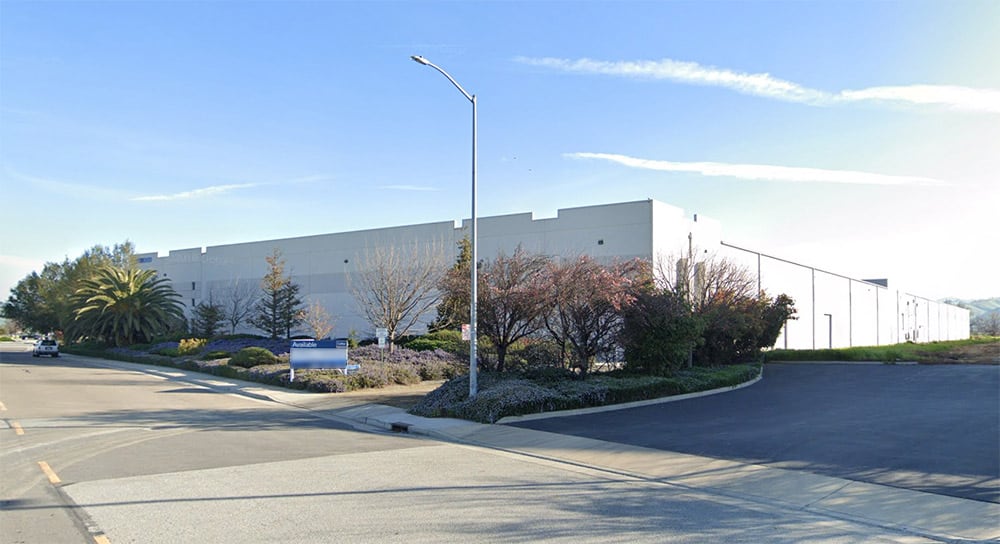
Cash-Out Bridge Loan for Vacant Industrial Property in Hollister, California
$5,000,000
First Bridge Lending, a direct private lender, funded a $5,000,000 1st lien position bridge loan secured by a large industrial property in Hollister, San Benito County, CA. The Borrower is an experienced investor who has been a full-time landlord for more than 25 years, and they were seeking an equity cash-out loan for business expenses and capital improvements. They purchased the property in 2008 for $12.5M, then leased it for 10 years. The tenant vacated at the end of the lease term. The property was owned free-and-clear of any mortgages, with the exception of a cross-collateral property that was to be refinanced. First Bridge Lending provided an initial funding of $3,000,000 with a first draw of $1,000,000 and subsequent draws of $250,000 each to provide refinance shortfall funds as needed. We did our own in-house valuation and did not require an appraisal. We estimated the value to be around $16,000,000 which out our loan at a very conservative 31% LTV. The loan term is 12 months. The Borrower’s exit strategy was to complete the improvements, lease to a new tenant and refinance with permanent financing. This equity cash-out loan was funded in March 2019.
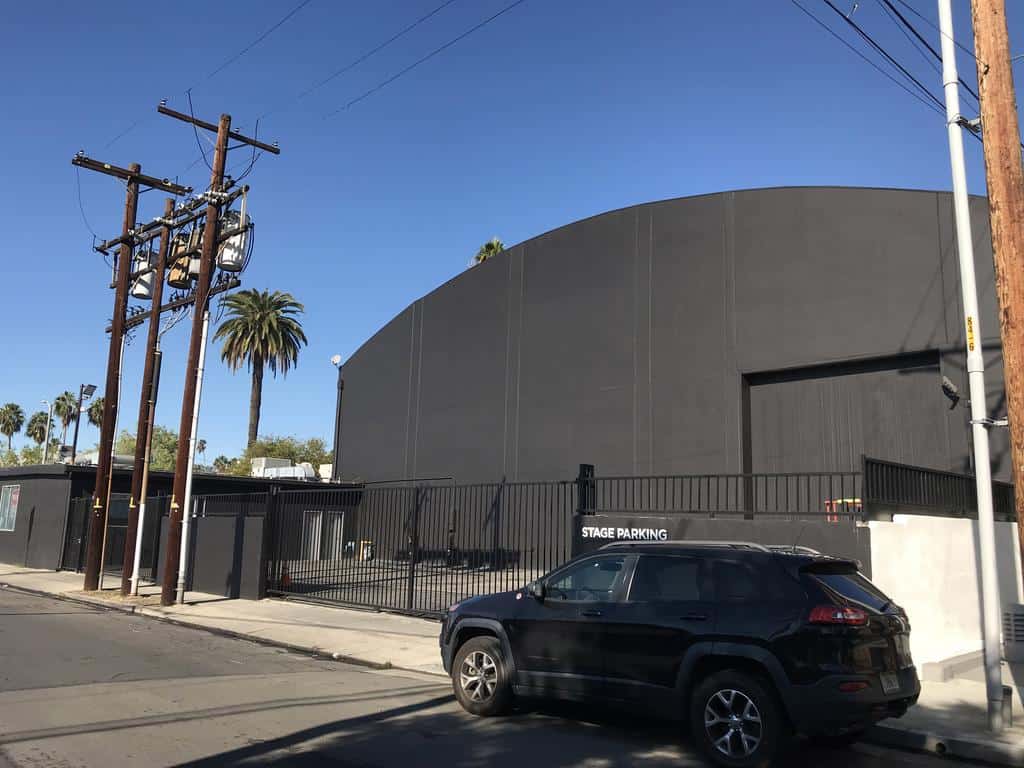
Refinance Bridge Loan for Industrial Property in Hollywood, California
$5,500,000
BridgeCore Capital, a direct private lender in Beverly Hills, provided a $5,500,000 1st lien position refinance bridge loan secured by a creative industrial property and production offices in the heart of the Hollywood Media District, CA. The loan proceeds were needed to refinance two existing loans on the property and a significant equity cash-out was required to expand the Borrower’s business. Although the Borrower was not able to secure the required amount of loan proceeds from other lenders, BridgeCore performed seamlessly and quickly to meet the previous lender’s pay-off deadline. BridgeCore’s 24-month term, including one 6-month extension option, places the Borrower in an optimum position for either a sale or refinance with a conventional lender. BridgeCore’s terms aligned with the Borrower’s economic requirements, providing for a 10-month, pre-paid interest reserve from loan proceeds and an interest rate of 8.375%. BridgeCore employed its decades of experience to solve the Borrower’s array of challenges, securing highly competitive loan terms, providing comprehensive market and property underwriting to determine current value, and efficiently navigating through the complexities of the borrowing entity. The loan-to-value was 67%. This bridge loan was funded in February 2020.
Refinance Bridge Loan for Student Housing Portfolio in Lima, Ohio
$30,000,000
Avatar Financial Group, a direct private money lending firm, funded a $30M 1st lien position bridge loan to refinance a portfolio of 4 student housing properties across three states – Missouri, Ohio, and Indiana. The Borrower is a large nationwide developer of student housing, and their properties were set to be refinanced in a year-end securitization. They are new construction and did not achieve the occupancy requirement of 90% by the securitization date and were dropped. With the loans coming due at year-end, the Borrower was facing a possible default situation. Avatar was able to underwrite and fund the transaction within 30 days and meet the year-end closing deadline. Our interest rate was 8.25% for a term of 12 months and loan-to-value of 70%. The deal was brought to us by a mortgage broker to whom we paid a commission of $450,000. This CRE bridge loan was funded in December 2019.